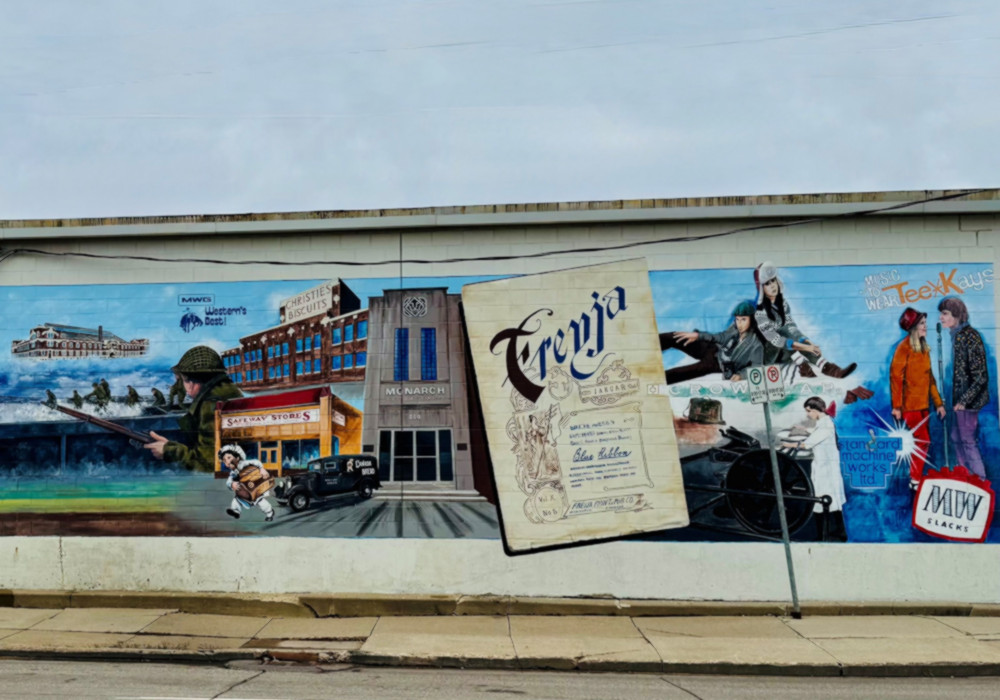
Between 1939 and 1945, nearly 600,000 Canadian men and women left their homes, families and communities to serve their country overseas in World War II. But what happened to the wives and husbands, children and siblings, parents and grandparents who stayed behind? In this Community Memories exhibit, the Oshawa Community Museum and Archives (OCMA) explores the impact of the war on Canadians at home, especially in Oshawa.
Oshawa was typical of many Canadian towns during the war years. Everyone pitched in to help with the war effort. People donated blood, suffered rationing and planted victory gardens. They saved scrap metal to recycle into ships and guns and collected waste fat for explosives. After seeing their men off to train and fight, Oshawa’s women rolled up their sleeves and went to work, many of them joining the assembly line at the General Motors of Canada plant while raising their families alone.
In 2004, the OCMA compiled Stories from the Homefront: Oshawa During the Second World War, a Memory Book to preserve the wartime recollections of Oshawa residents for younger generations. (This project can be viewed at www.oshawamuseum.org/projects/projects.php.)
This virtual exhibit of Stories from the Homefront: Oshawa During the Second World War expands on material collected for the publication with supplementary research and images, archival documents and artifacts from the museum’s collections.
With a rich assortment of images, videos and audio clips of Oshawa’s residents, the exhibit describes life in Oshawa during and after World War II: the war’s impact on industry, family life, rationing, women in the workforce, leisure activities, media, communication and the transition years after the war.
As the wartime generation fades, they take their tales with them. In celebration of the 60th Anniversary of the end of World War II, it seems fitting to pay tribute to those Canadians who sacrificed so much, not on the battlefield, but right her

